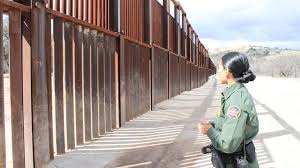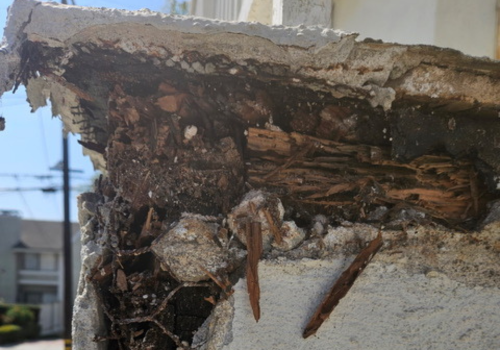
WASHINGTON, D.C. — July 24, 2025 — U.S. Representative Dusty Johnson (R-S.D.) has introduced new legislation designed to secure the southern border for future generations by removing regulatory hurdles that often slow construction and maintenance efforts. The Furthering American Security by Tempering Environmental Regulations (FASTER) Act would require every future administration to maintain, strengthen, and expand border barriers and related technology without the delays caused by extensive environmental reviews.

“While House Republicans and President Trump have taken historic action to secure the border, there is no certainty that we won’t have another president like Joe Biden whose policies created chaos at the border,” said Johnson. “Regulations often delay the construction progress, but my bill removes that red tape, making sure every future administration acts swiftly to maintain a secure southern border.”
The FASTER Act includes several key provisions aimed at enforcing accountability and speeding up construction:
- The Department of Homeland Security (DHS) Secretary must conduct a comprehensive survey every two years to assess the condition of existing barriers and technology along the U.S.–Mexico border.
- The survey must identify any areas lacking proper infrastructure and detail any deficiencies such as damage, deterioration, or unmet maintenance needs.
- Within 90 days of completing each survey, DHS must submit an unclassified report — with an optional classified annex — to both the House Committee on Homeland Security and the Senate Committee on Homeland Security and Government Affairs.
- If the survey identifies any deficiencies, the Secretary is required to exercise existing authority to waive all environmental reviews and legal requirements that could otherwise delay repairs, upgrades, or new construction.
The legislation is cosponsored by U.S. Representative Randy Weber (R-TX) and reflects an ongoing push by House Republicans to ensure that the progress made under previous border security initiatives is not undone by future administrations.
Supporters argue the bill is a necessary safeguard to prevent what they see as the erosion of border protections due to shifting White House policies and environmental litigation. By mandating regular inspections and fast-tracking fixes, the FASTER Act aims to prevent prolonged gaps in the border infrastructure that can make it easier for illegal crossings to occur.
Critics of similar proposals in the past have argued that bypassing environmental regulations could harm fragile ecosystems along the border region. However, Johnson and Weber maintain that national security must remain the top priority.
The FASTER Act adds to a series of legislative efforts by House Republicans to revive and reinforce border security measures they say were weakened under the Biden administration. With Congress increasingly divided on immigration and border policy, the bill’s future remains uncertain, but it sets the stage for continued debate over how the U.S. will protect and maintain its southern border in the years ahead.
Originally reported by Dusty Johnson.

.webp)





